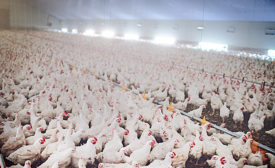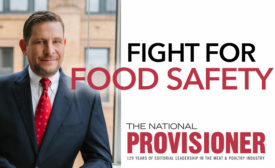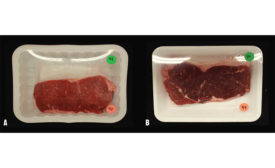Expert Commentary
Commentary | Poultry Perspectives
Guest Commentary | Business Strategies
Plant-based meat: Tempest in a teacup or industry tipping point?
Read MoreGet our new eMagazine delivered to your inbox every month.
Stay in the know with The National Provisioner's comprehensive coverage of the meat and poultry processing industry.
SUBSCRIBE TODAY!Copyright ©2024. All Rights Reserved BNP Media.
Design, CMS, Hosting & Web Development :: ePublishing











